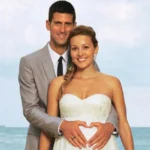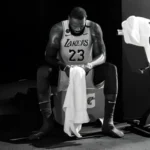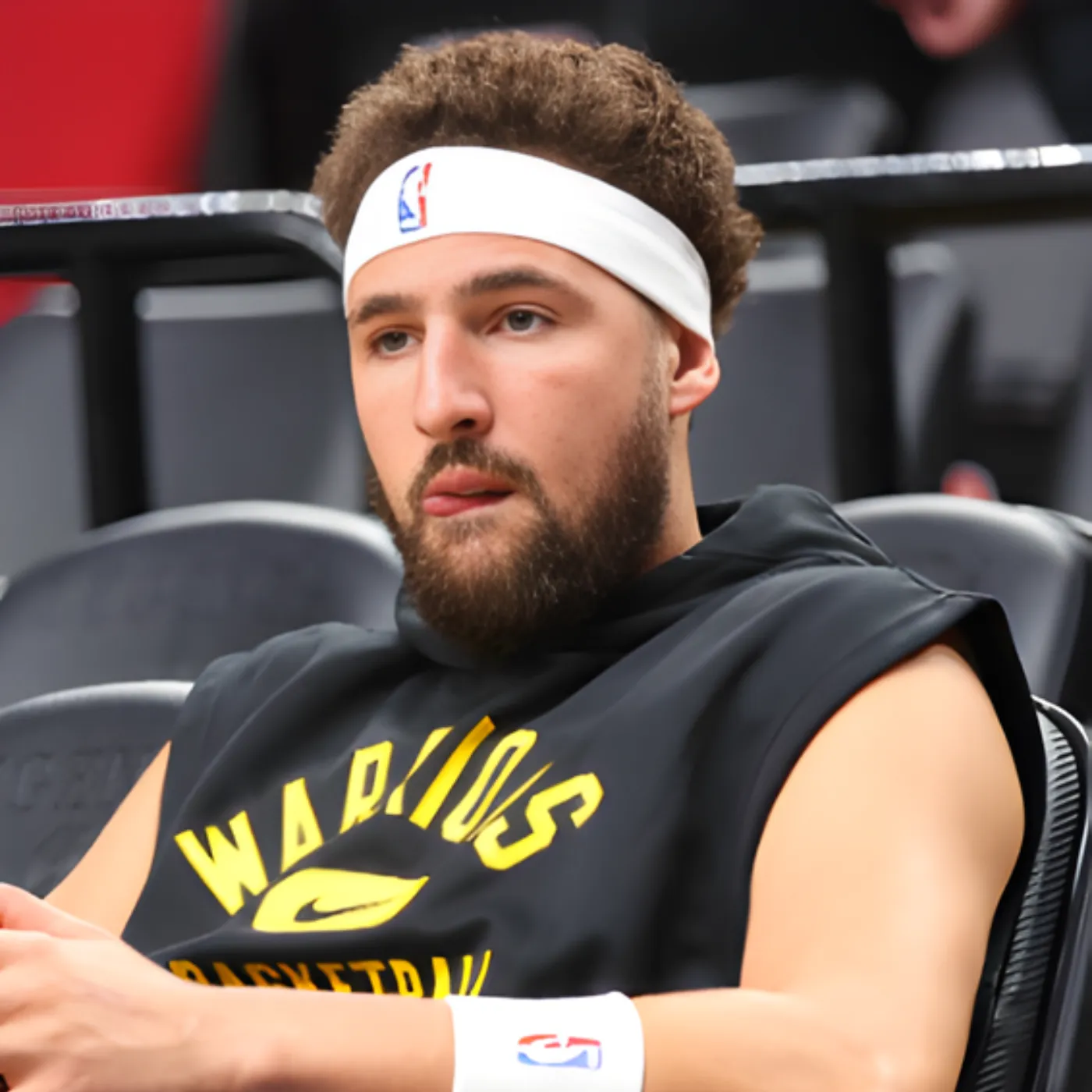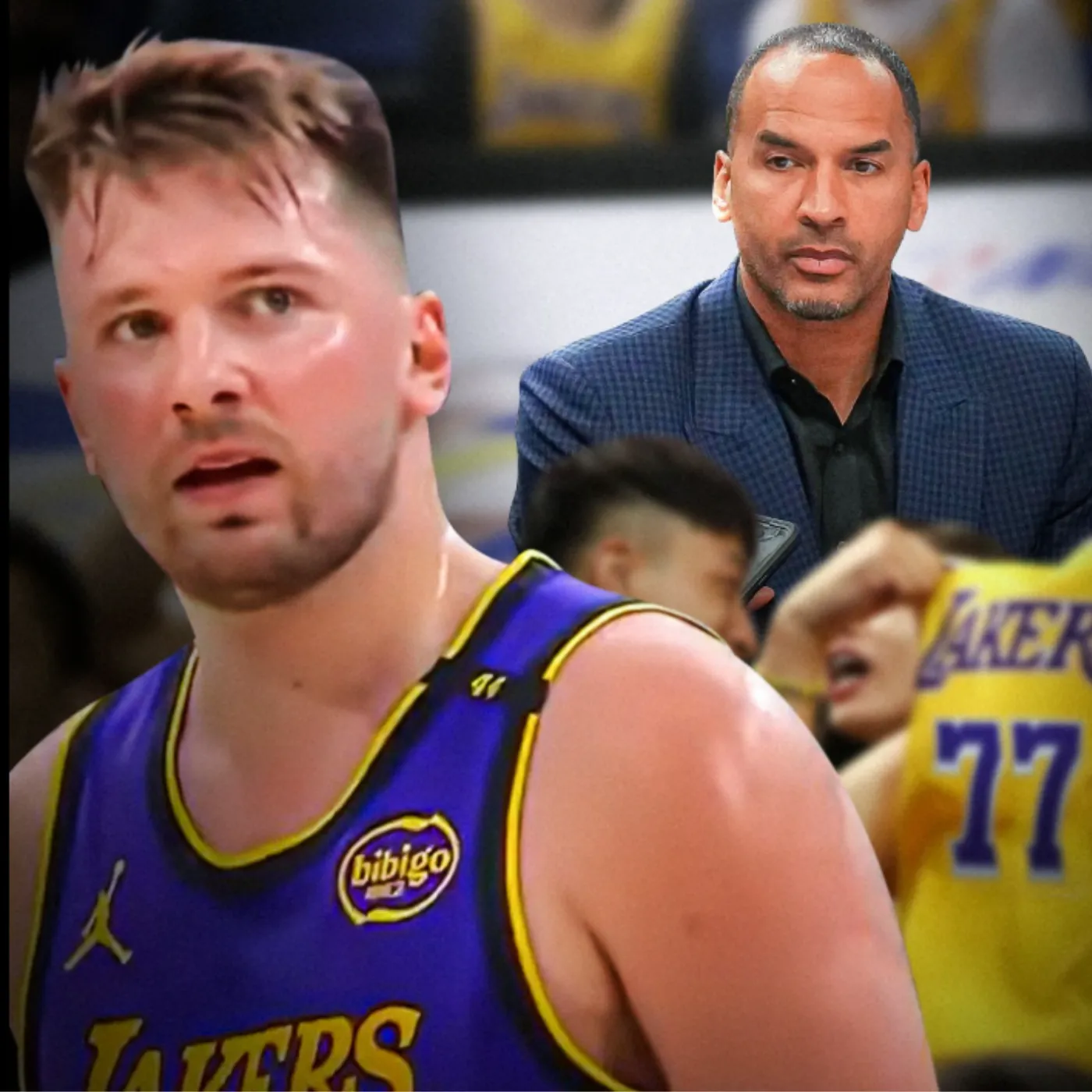

Hall of Fame? Embiid Might Make It – But Jeff Teague Drops ‘One Reason That Could Keep Him Out
superstar Joel Embiid has been one of the most dominant forces in the NBA over the past decade, yet a new wave of debate has erupted over his Hall of Fame prospects — and it all started with former NBA All-Star Jeff Teague offering an opinion that struck right at the heart of Embiid’s legacy. For a player who has racked up jaw-dropping numbers, an MVP award, and multiple scoring titles, the idea that he might not be a lock for Springfield’s prestigious halls seems unthinkable to many fans. But when you look closer, you realize why Teague’s remarks have sparked such an intense discussion.
Embiid’s Impressive Résumé — But One Glaring Gap
Selected third overall in the 2014 NBA Draft, Joel Embiid entered the league with sky-high expectations. He quickly became the centerpiece of the Sixers’ “Trust the Process” era, dazzling fans with a rare blend of size, skill, and swagger. Over the course of his career so far, he has posted career averages of 27.7 points, 11.0 rebounds, and 3.7 assists per game — numbers that stack up against some of the greatest big men in history. His trophy case already boasts seven All-Star selections, two scoring titles, and the 2022–23 NBA Most Valuable Player award.
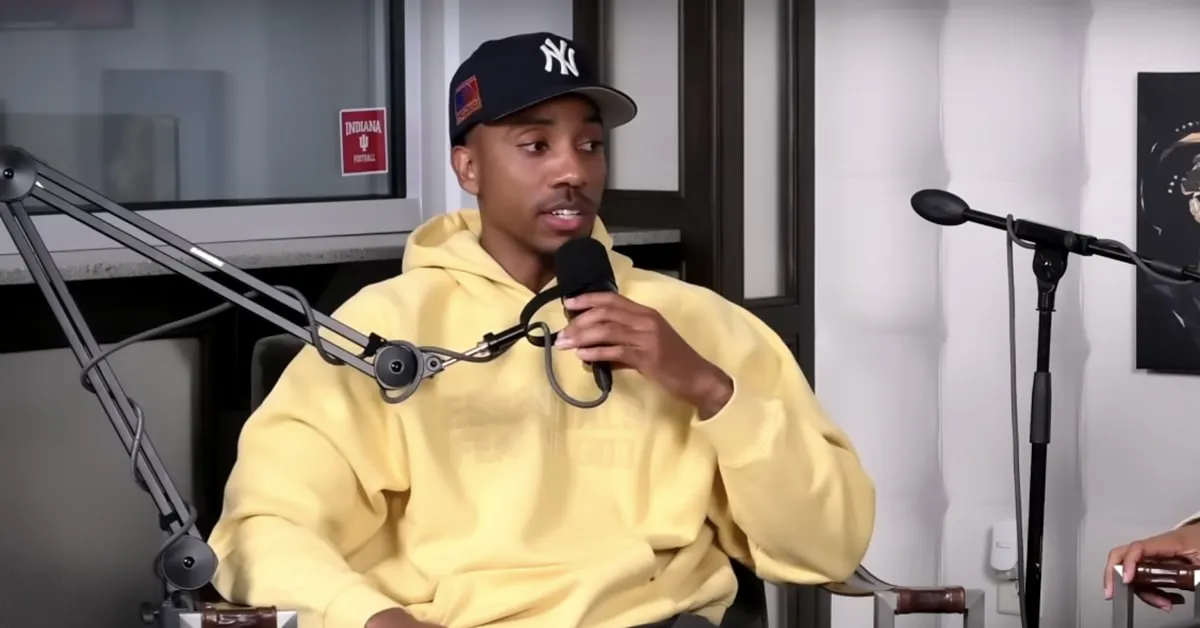
But for all of his personal accolades, one achievement remains elusive — an NBA championship. While some argue that a title is not strictly required for Hall of Fame enshrinement — pointing to Sixers icons like Allen Iverson and Charles Barkley, who never won a ring yet still became Hall of Famers — others believe that postseason success carries significant weight when voters make their final decision.
Jeff Teague’s Blunt Take Changes the Conversation
Speaking on his “Club 520” podcast, Jeff Teague — a former NBA point guard and champion with the 2021 Milwaukee Bucks — didn’t mince words when evaluating Embiid’s Hall of Fame chances. He acknowledged Embiid’s immense talent but focused on a factor that is often overlooked in casual debates: durability.
“He’s missed so many games. He sat out years. Didn’t even play his whole first season. That man’s never played 70 games in a year. He might not make the Hall of Fame, honestly,” Teague said, before comparing career totals. He pointed out that Embiid has around 12,000 career points, which he noted isn’t much higher than his own 10,000-point total despite Teague being a role player for most of his career.
While some listeners dismissed Teague’s comments as tongue-in-cheek, others admitted that the injury narrative is a real obstacle for Embiid’s long-term legacy.
The Injury History That Won’t Go Away
Embiid’s injury struggles have been well-documented since the very beginning. After being drafted in 2014, he missed his entire first two seasons due to foot issues. Since then, he has never played more than 68 games in a regular season. For a player in his prime, that’s a significant red flag. Availability, as the saying goes, is a skill — and Hall of Fame voters do take career longevity into account.
According to Basketball-Reference data, Embiid has appeared in only ~65% of possible regular-season games in his career. Even in seasons where he was dominant, such as his MVP campaign, he often missed stretches due to knee soreness, back problems, or other nagging injuries. Critics argue that this not only limits his counting stats — like total points, rebounds, and games played — but also leaves him with fewer deep playoff runs, which matter when voters compare careers.
Comparing to Past Big Men in the Hall of Fame
When looking at Hall of Fame centers from the modern era, certain benchmarks stand out. Players like Shaquille O’Neal, Hakeem Olajuwon, Patrick Ewing, and David Robinson all had dominant peaks but also logged well over 25,000 career points and sustained long careers with relatively consistent availability.
Even Allen Iverson, despite never winning a championship, played in 914 regular-season games and accumulated over 24,000 career points. Embiid, entering his 30s soon, is far from those numbers. At his current scoring pace, he would need several more healthy seasons just to approach those milestones.
The Counterargument: Peak Dominance Can Outweigh Longevity
However, there’s another side to this story — one that strongly favors Embiid’s candidacy. In his prime, Embiid has been virtually unstoppable, combining elite scoring efficiency with defensive dominance. He is one of the few players in NBA history to win back-to-back scoring titles as a center, something not seen since the days of Wilt Chamberlain. His per-game production rivals that of any Hall of Famer, and his MVP award cements his status as one of the era’s defining players.
Some analysts argue that if Bill Walton, who played only 468 career games, could make the Hall due to his peak brilliance and impact on winning, then Embiid’s case is still strong. Walton’s career was cut short by injuries, yet his influence on the game and dominance during his best years were enough to earn enshrinement.
The Importance of the Next 5 Years
For Embiid, the next half-decade could decide everything. If he can string together several healthy seasons, push his career totals toward 20,000+ points, and make a couple of deep playoff runs — perhaps even winning a title — his Hall of Fame case would become virtually undeniable. But if injuries continue to sideline him and the Sixers fail to advance beyond the second round of the playoffs, Teague’s warning might prove prophetic.
“It’s not about if he’s great — he is. It’s about whether the body of work matches the standard,” one NBA historian told ESPN recently. Voters, after all, are swayed not just by highlights and awards, but by the total career narrative.
Fan Reactions: Passionate, Polarizing, and Personal
The basketball community has been split in its reaction to Teague’s comments. On social media, Sixers fans rushed to defend their franchise player, pointing out that Embiid’s advanced stats and dominance are unmatched in today’s game. Critics, however, echoed Teague’s point, noting that Hall of Fame status is not guaranteed by per-game stats alone.
The debate has become personal for some — especially Philadelphia supporters who have endured years of “Trust the Process” only to see their star sidelined at critical moments. For them, Teague’s remarks feel like an unfair dismissal of everything Embiid has accomplished.
The Hall of Fame’s Evolving Standards
One factor working in Embiid’s favor is that the Hall of Fame’s selection criteria have evolved over the years. The modern game is faster, more three-point oriented, and more focused on player efficiency rather than sheer accumulation of stats. Players like Yao Ming and Tracy McGrady were inducted despite shorter careers because of their impact and global influence.
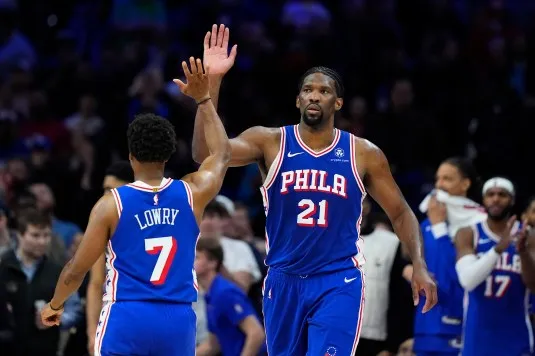
Embiid, who has been a global ambassador for basketball in Africa and has influenced a new generation of big men with his skill set, could benefit from similar considerations.
The Bottom Line: A Legacy in Progress
In the end, Joel Embiid’s Hall of Fame fate is far from sealed. He has already achieved feats that most players can only dream of, yet questions remain — not about his talent, but about his durability and whether his career totals will meet the traditional benchmarks. Jeff Teague’s comments, while blunt, have forced fans and analysts to confront an uncomfortable truth: greatness alone does not always guarantee enshrinement.
For now, the conversation will continue, and every game Embiid plays from here on will be another chapter in a career that could end as one of the most debated Hall of Fame cases in recent memory. The only certainty? If Joel Embiid wants to silence the doubters, the clock is ticking.

